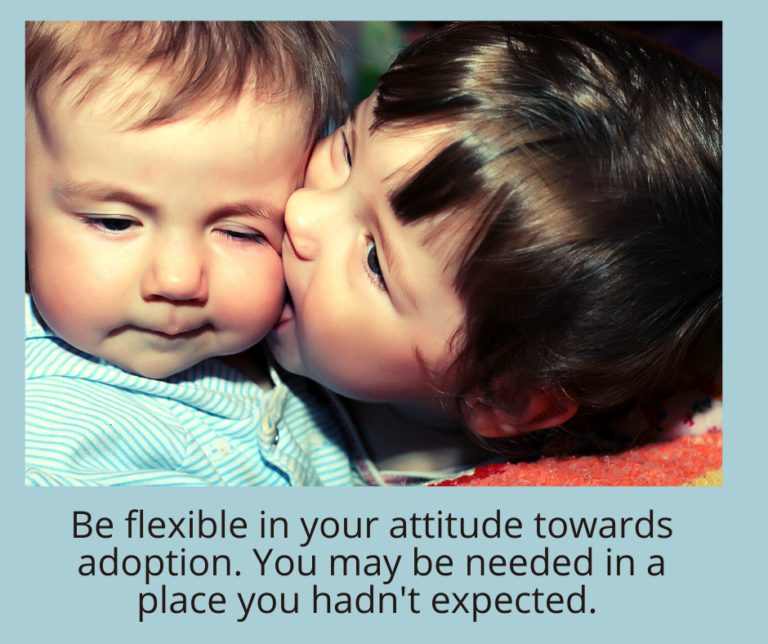
Newborns’ behavior, whether through adoption or birth, follows an expected pattern. They cry when they are hungry or tired. They make eye contact as a way to communicate and bond.
Bonding and attachment happen when caregivers consistently respond to infants with love, warmth, and appropriate attention.
Each time a parent reacts to a child’s cues, bonding occurs. What happens to a child if these early cues for attention, love, and care receive inappropriate or little response?
They become survivors.
They develop skills to help themselves navigate the world. Learning to survive in a world where they must meet many of their own needs produces surprising and unexpected behaviors.
Parents who welcome these survivors into their families must adapt.
Toddlers have a past. Your love is not going to wipe away their history. Just because a toddler can’t remember an event does not mean the event didn’t affect her. Early life experience must be acknowledged.
Each child will have a different background and different coping mechanisms. You must appreciate the strength your new child has developed as they adapt and survive.
Here are some reoccurring situations we see with children adopted after 18 months.
Overly Affectionate
Often, we see these small children coming into a family and indiscriminately hugging relatives and friends.

These actions can be misread as a sign that the child is ready to attach. In reality, the opposite is probably the case.
When a child has had several caregivers, they learn to endear themselves to the caregiver to survive. This indiscriminate affection may seem charming, but it is not true intimacy. He may not trust others to meet his needs unless he “performs.” As a parent, you must continually reinforce that he doesn’t have to “curry favor” to get you to meet his needs.
One of the best ways to garner her trust is by “cocooning” after the child comes to you.
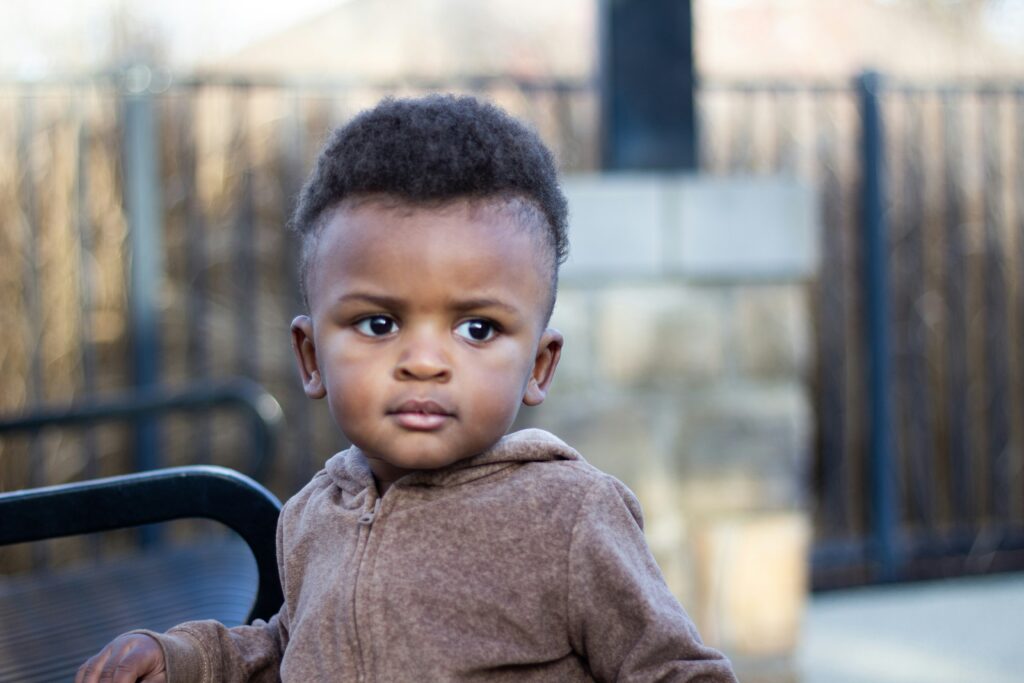
This means spending time with only the immediate family. Just a small group should be the ones meeting his physical needs as well as providing unearned affection.
It would be best if you were not encouraging a newly adopted child’s self-reliance. A child’s independence is not healthy until he has experienced a healthy dependence.
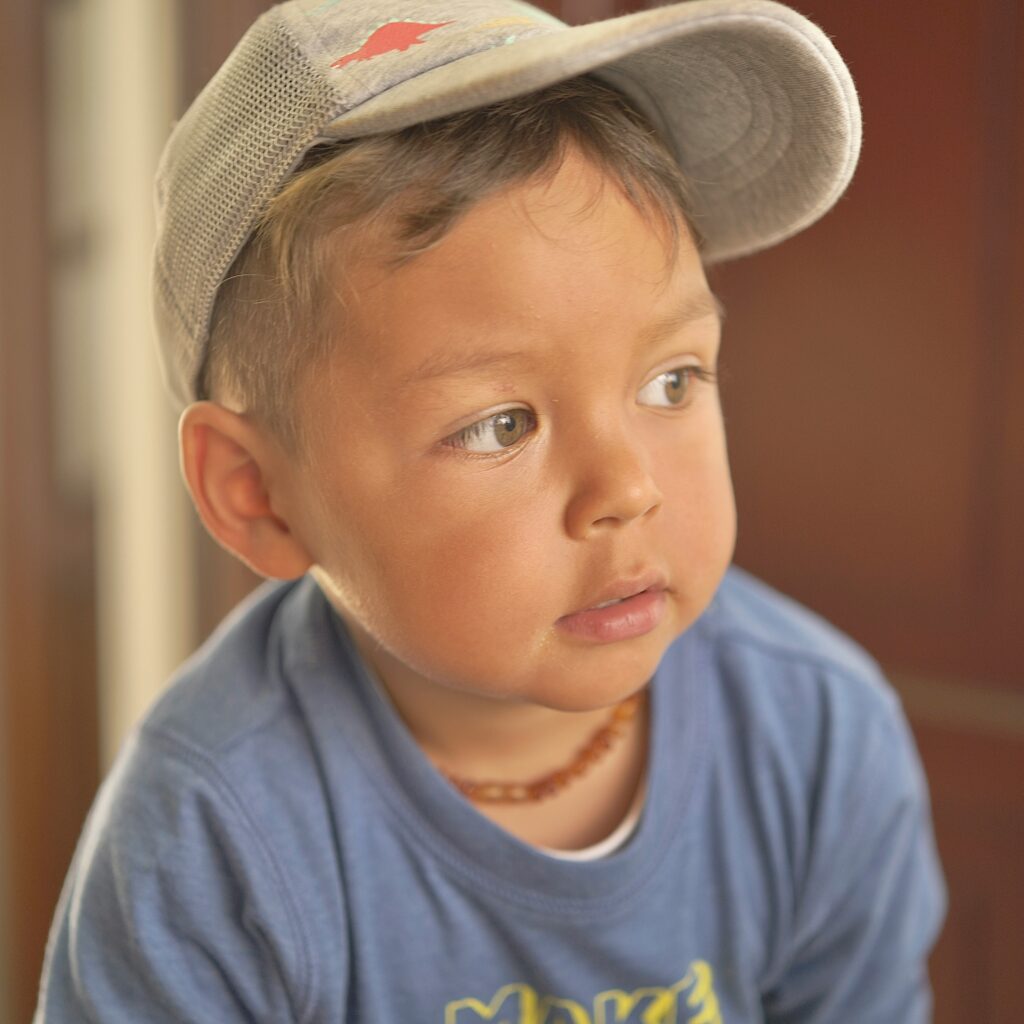
Night Time
If you can’t limit contact with others, explain to friends and relatives that you and only you will provide for your child—holding, feeding, changing, bathing, etc.
Many child experts believe that for attachment to occur in an older adopted child, a child needs a consistent caregiver at home, at least for the first year or two. This means daycare is not the best for a child who now needs care from just parents. Making this sacrifice early in your relationship with the child will avoid problems later.
An adopted toddler who has not experienced a secure primary attachment will need to develop this trust. Allowing—even encouraging– a child to act younger than his years can go a long way in bonding. You may want to feed a child capable of feeding herself or rock her to sleep even if she has learned to self-soothe.
Gregory Keck, Ph.D., founder of the Attachment and Bonding Center of Ohio, suggests that you may seek professional counseling if your child continues to show indiscriminate affection.
A toddler is just beginning to make sense of his world, and then adoption changes everything. When a child goes home with you, they must learn a new routine and meet new people. The strangers who are now caring for her are different. She has no way to vocalize her fears.
An inability to vocalize fear may be one of the reasons children who seem well-adjusted during the day might scream at night. All the feelings of insecurity may surface at night and disrupt your sleeping schedules. This is definitely a time when you can be with your new child and reassure him that you will be there for him.
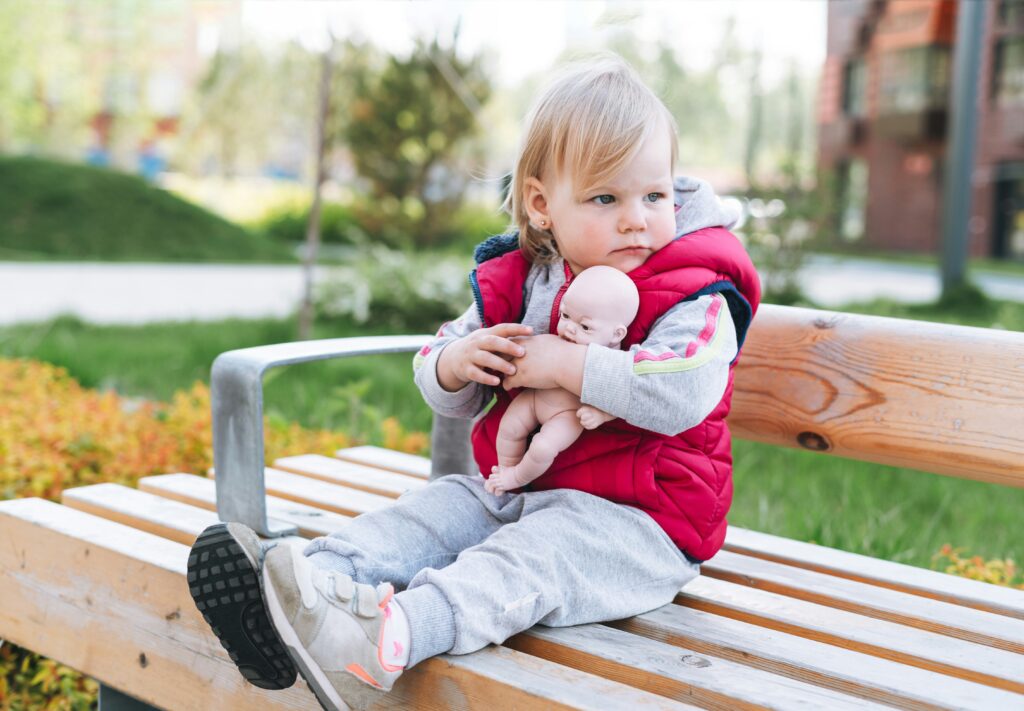
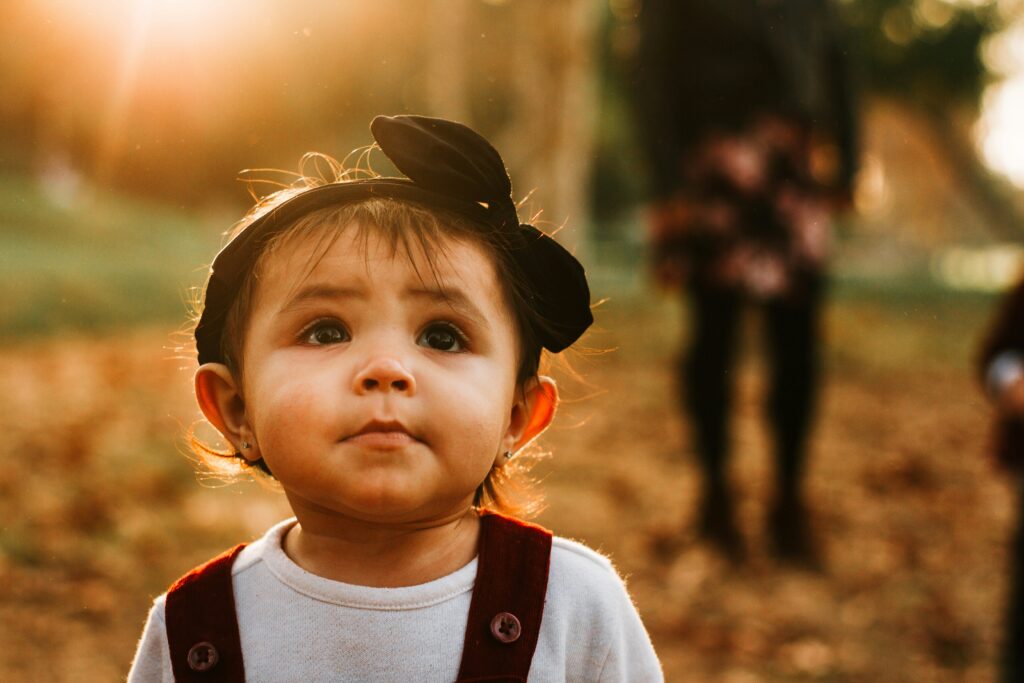
If these patterns persist for several months, you may need to talk to your pediatrician.
Other adopted toddlers will take themselves to bed and rock themselves to sleep. In your quest to bond, you should create a bedtime ritual where your child “needs” you. This is a great time to develop routines that involve touch and nurturing. As Mom and Dad, you are the providers of the story, or the drink, or the favorite stuffed animal.
Connecting With Only One Parent
Often, children will develop a stronger connection with one parent. For some children, this is the parent filling a role that hasn’t been filled before. A child who has never had a father figure may gravitate toward the father.
The unfavored parent needs to spend some one-on-one time with the child. Initially, this one-on-one time should not be so lengthy that the child worries about not being reunited with the other parent.
Good Label
Your toddler may not fit society’s definition of “good.” Babies and children receive the “good” label when they are cheerful, loving, and undemanding. Remember having a difficult child may force you to bond more quickly.
As you raise this child, you must keep age-appropriate behavior in mind.

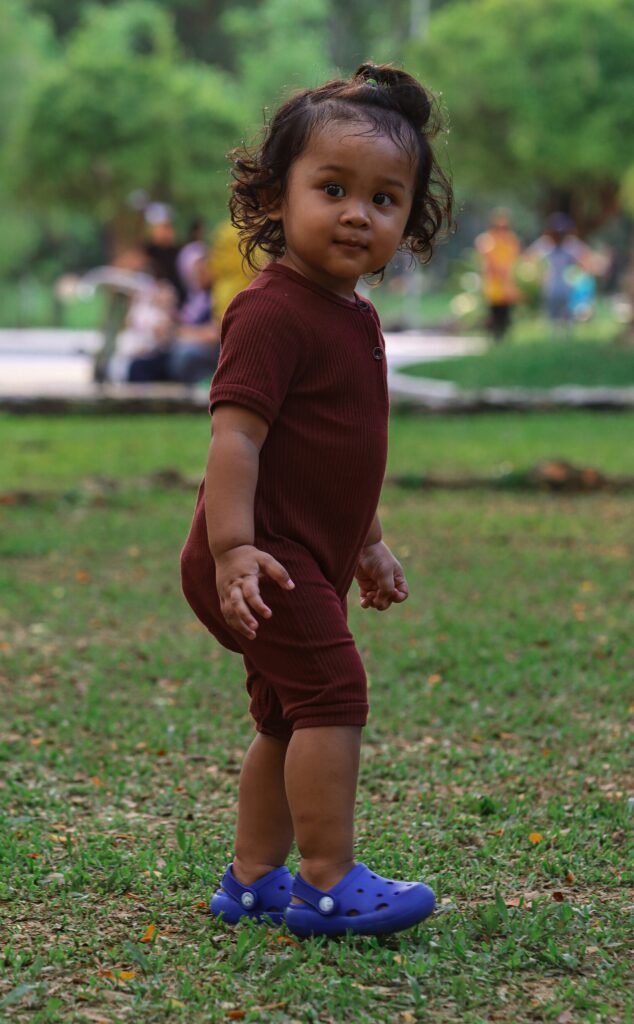
Most children have temper tantrums. An adopted child who drops to the floor in the grocery store demanding candy may be showing age-appropriate behavior.
Frequent, prolonged rage, which does not respond to comforting, is not normal toddler behavior. Distinguishing between normal behavior and misplaced, learned behavior is essential.
Most young children develop specific food fetishes or will occasionally refuse to eat. This is normal. However, gorging or hoarding food is not normal. Refusing to eat for long periods is also a reason for concern.
You must recognize which behaviors should cause concern and which are predictable growth and development.
At Heart to Heart Adoptions, we will help you deal with any degree of Reactive Attachment Disorder. While RAD presents its challenges, it’s important to remember that with the right support and resources, progress and healing are possible. Heart to Heart Adoptions is committed to empowering adoptive parents and providing the tools needed to navigate the complexities of RAD with resilience and compassion.



